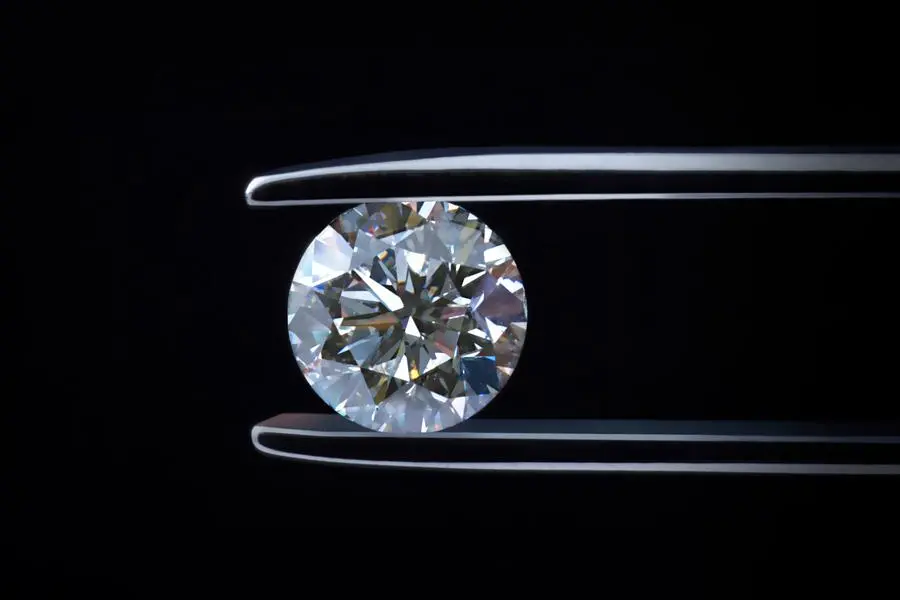PHOTO
The UAE ranks third globally in the diamond trade after India and the United States, with a share of more than 15% of total international trade in this sector.
Juma Al Kait, Assistant Undersecretary for International Trade Affairs at the Ministry of Economy, in statements to the Emirates News Agency (WAM) on the sidelines of the sixth edition of the Dubai Diamond Conference, organised by the Dubai Multi Commodities Centre (DMCC) as part of Dubai Diamond Week, said that the value of the UAE's diamond trade will exceed $40 billion this year.
Al Kait said that diamonds account for a large share of the UAE's non-oil trade, exceeding 5.5%, with the value of diamond trade reaching nearly $39 billion in 2023, and during the first half of 2024 it reached about $20 billion.
He stressed the important role that comprehensive trade agreements play in boosting the UAE's diamond trade, removing barriers and opening up new markets and opportunities in Asia, Africa, and various countries around the world, noting that DMCC plays a crucial role in stimulating diamond trade around the world.
In his speech at the conference, Juma Al Kait highlighted the growing role that the diamond sector plays in the UAE's economy and the sector's continued ability to innovate and adapt. He noted that the discussions at the conference provide a better opportunity to understand the challenges facing the sector, as well as identify the pathways and policies needed to ensure its long-term sustainability.
The UAE will chair the Kimberley Process in 2024 for the second time since it became the first Arab country to hold this position eight years ago. The growth of the diamond sector reflects the UAE's position as a global destination for trade and investment and reinforces its vision to diversify the economy, he indicated.
He said that the UAE's foreign trade agenda is one of the main pillars of these ambitions, working to raise the total value of non-oil trade to AED 4 trillion by 2031, and increase non-oil exports to AED 800 billion in the same period. He pointed out that the UAE has adopted an ambitious strategy to enhance the diversity of supply chains and create new market opportunities for the private sector in all sectors.
The Comprehensive Economic Partnership Agreements (CEPA) programme is one of the main pillars of this policy, as it contributes to the consolidation of trade and investment relations with key allies around the world, he added.
He also noted that the UAE's non-oil trade reached AED 1.4 trillion in the first half of 2024, an increase of 11.2% compared to the same period in 2023, noting that this continuous growth came amid global trade growth of only 1.5%.





















